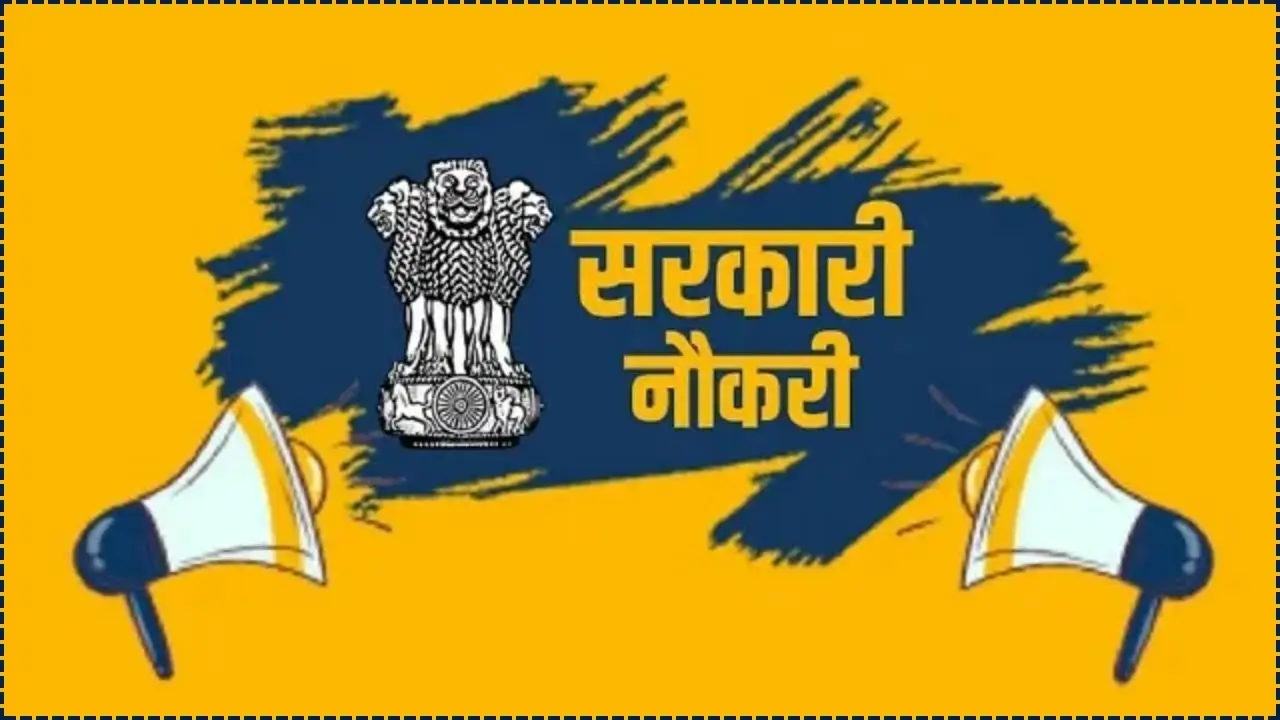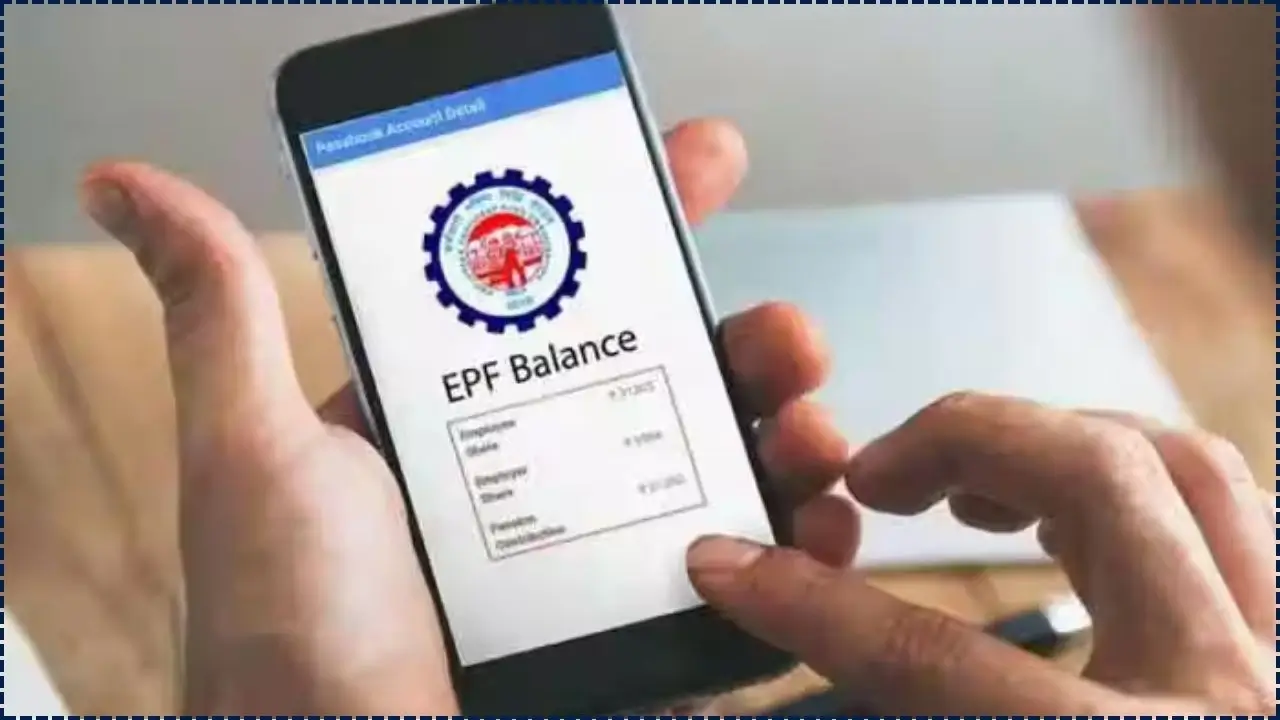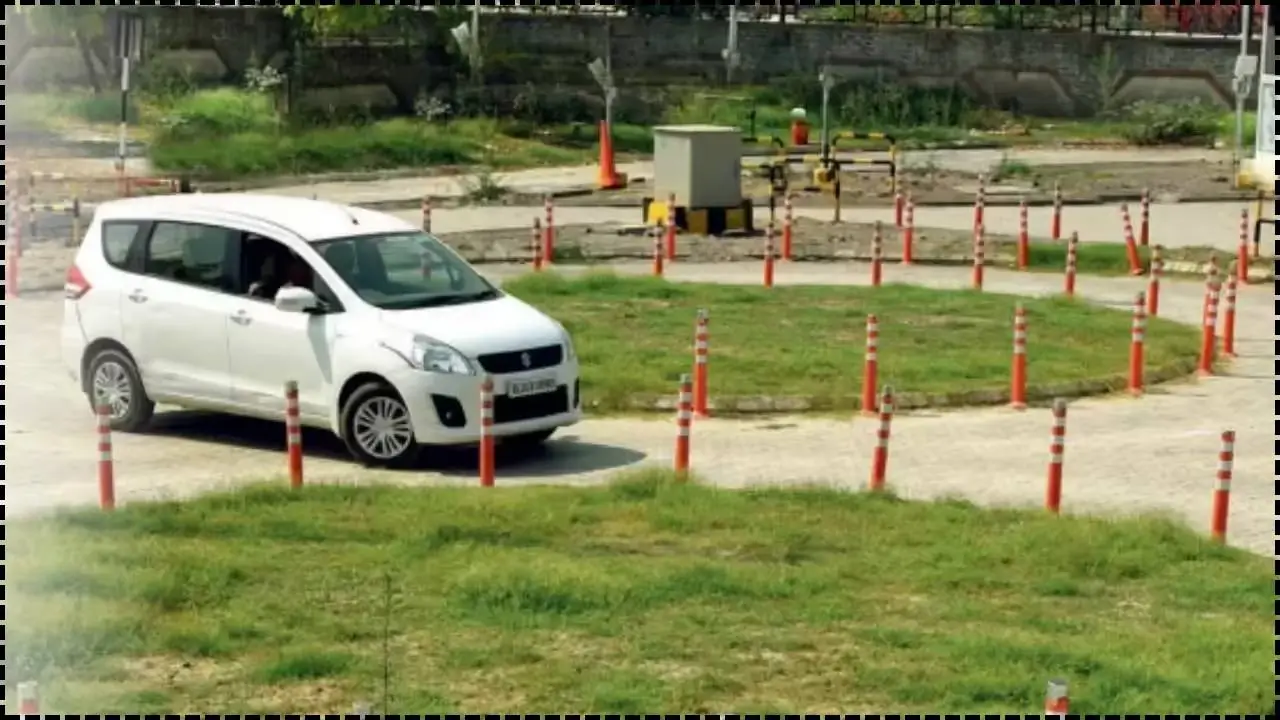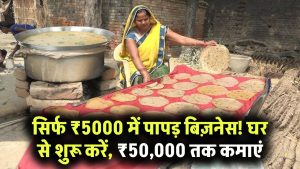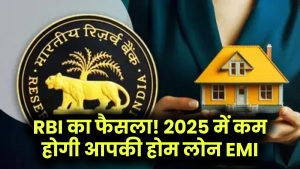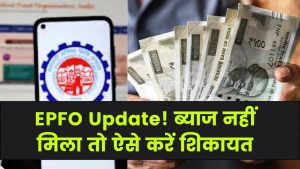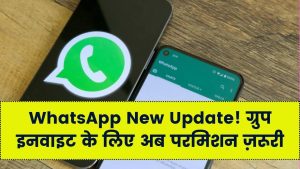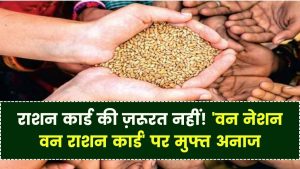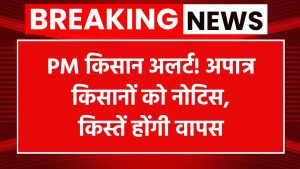If you’ve ever searched for open data resources in India, you’ve probably realized it’s a bit like hunting for a needle in a haystack. The good news? India has been ramping up its open data game big time.
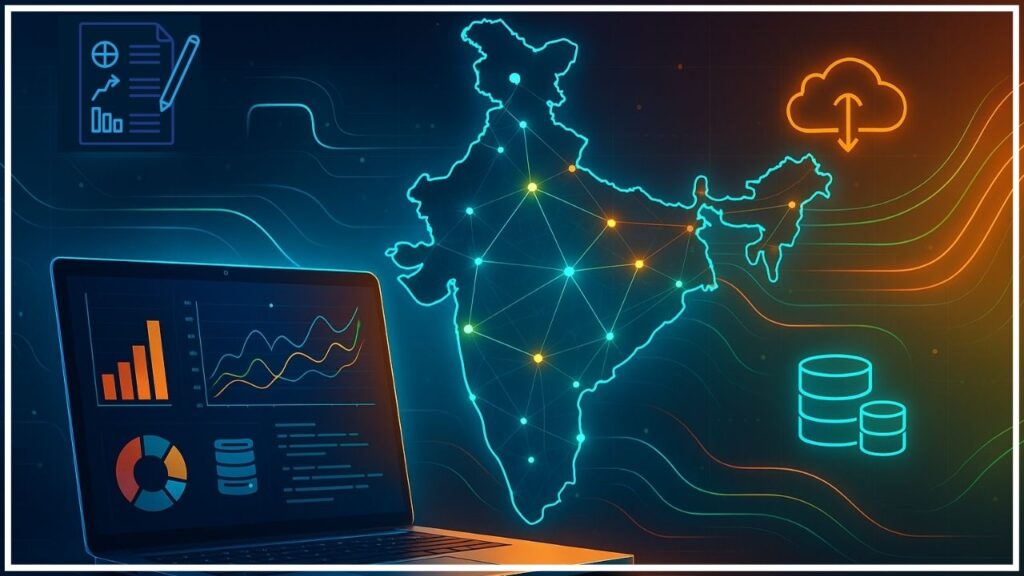
From nationwide portals to city-level dashboards, you can now get your hands on everything from air quality stats to government budgets, and even agricultural prices—all legit, official, and free.
Table of Contents
Open Data Resources
| Category | Focus Area | Key Features |
|---|---|---|
| National Data | Multi-domain | 100,000+ datasets, APIs, open formats |
| Analytics | Multi-domain | Standardized, visual dashboards, analytics tools |
| APIs | Gov services APIs | Aadhaar, DigiLocker, finance, education APIs |
| Finance | Economy/Banking | RBI’s Database on Indian Economy (DBIE) |
| Budgets | Gov Budgets | 18,000+ budget docs, dashboards |
| Agriculture | Agri Markets | Real-time mandi price & arrival data |
| Water | Water Resources | River flows, rainfall, groundwater |
| Air Quality | Pollution | Real-time AQI data across India |
| State Data | Tamil Nadu | 37,000+ datasets from 100+ depts |
| City Data | Pune Municipal | 350+ civic datasets |
| Urban Data | Multi-city | Budgets, infrastructure, civic info |
India’s open data landscape is no longer playing catch-up. With portals like data.gov.in, NDAP, and API Setu, the ecosystem is maturing fast, and the opportunities are massive—whether you’re a researcher, a developer, or just a curious citizen.
If the U.S. has data.gov, India’s got an entire family of portals waiting to be tapped. So the next time you need stats, don’t just hit Google—dig into these official resources. You might just build the next killer app or write that eye-opening research paper.
Why Open Data Matters in India
Let’s get real for a second. Open data isn’t just nerd stuff. It’s what helps:
- Journalists expose scams.
- Startups build killer apps (think AQI apps pulling CPCB data).
- Farmers know mandi prices before heading to the market.
- Citizens hold governments accountable.
In the U.S., people lean on data.gov for all sorts of insights. India’s data.gov.in is pretty much the homegrown cousin, and it’s growing fast.
The Big Guns: National-Level Portals
1. Open Government Data (OGD) Platform India – data.gov.in
Think of this as the motherlode of open datasets in India. Hosted by the National Informatics Centre, it’s got over 100,000 datasets ranging from railway timetables to COVID-19 stats. Many datasets come with APIs, so if you’re a coder, you can hook straight in without downloading endless CSVs.
Check it out here: data.gov.in
2. National Data and Analytics Platform (NDAP)
Launched by NITI Aayog, NDAP is slicker than data.gov.in because it standardizes datasets. That means you can cross-compare, say, education data with health outcomes, without pulling your hair out over messy formats. Plus, you get built-in charts and analytics.
Explore: ndap.niti.gov.in
3. API Setu – The API Buffet
This one’s a dream for developers. API Setu is basically an API mall for government services. Wanna integrate DigiLocker? Check. Need GST or UPI APIs? Also here. Some require consent-based access, but many are open and documented.
Browse APIs: apisetu.gov.in
Finance, Budgets & Agriculture
RBI DBIE (Database on Indian Economy)
The Reserve Bank of India’s DBIE is the Wall Street Journal of raw numbers. GDP, inflation, forex—you name it. It’s one of the most reliable sources of economic indicators.
RBI Data Portal: data.rbi.org.in
Open Budgets India (OBI)
This is where transparency gets real. OBI has 18,000+ budget docs—all searchable, all downloadable. If you’re into fiscal accountability or just curious about where taxpayer dollars go, this is your jam.
Visit: openbudgetsindia.org
Agmarknet
For agri nerds, farmers, or policy researchers, Agmarknet is clutch. It updates mandi arrivals and prices in real time across hundreds of markets. Farmers can check online before hauling their crops, cutting down on exploitation.
Live data: agmarknet.gov.in
Environment & Geospatial
India-WRIS
Water nerds, rejoice! This portal shows rainfall, river flows, groundwater, and even reservoir levels. It’s run by the Ministry of Jal Shakti, and it’s all free to access.
Portal: indiawris.gov.in
CPCB Air Quality
We all know Delhi’s smog makes headlines. The CPCB’s AQI portal streams real-time pollution data. Developers have built air quality apps straight off this feed.
Dashboard: aqi.india.gov.in
State-Level Gold
Most Indian states have their own OGD portals. For instance:
- Tamil Nadu (data.tn.gov.in): Over 37,000 resources.
- Telangana (data.telangana.gov.in): API-friendly datasets.
- Karnataka & Kerala: Education, transport, healthcare data.
See Tamil Nadu’s: data.tn.gov.in
City-Level & Civic Tech
Pune Datastore
Pune was ahead of the curve, putting out everything from property taxes to water quality online. Developers have built civic dashboards using this data.
City portal: opendata.punecorporation.org
OpenCity
Run by non-profits, OpenCity covers multiple cities—budgets, ward boundaries, civic infrastructure. It’s a go-to for urban researchers.
Explore: data.opencity.in
How to Actually Use This Data
Here’s a pro tip: don’t just download and stare at Excel files. Instead:
- Pick your domain – economy, health, environment.
- Grab APIs when possible – OGD and API Setu offer machine-readable feeds.
- Clean the data – tools like Python Pandas or even Google Sheets help.
- Visualize – think Tableau, Power BI, or free ones like Datawrapper.
- Tell a story – raw numbers don’t change minds; insights do.
FAQs About Open Data Resources
Q1. Is open data in India free to use?
Yes. Most portals, like data.gov.in, allow free downloads under an open government license.
Q2. Do I need coding skills?
Not always. Many platforms like NDAP have visual dashboards. But APIs on API Setu do require some dev skills.
Q3. Can businesses use this data commercially?
Absolutely. As long as you respect the licensing terms (usually open), startups and enterprises can build products on top of this.
Q4. Which is the best starting point for beginners?
Start with data.gov.in for breadth, and then move to NDAP for cleaner, cross-domain analytics.


